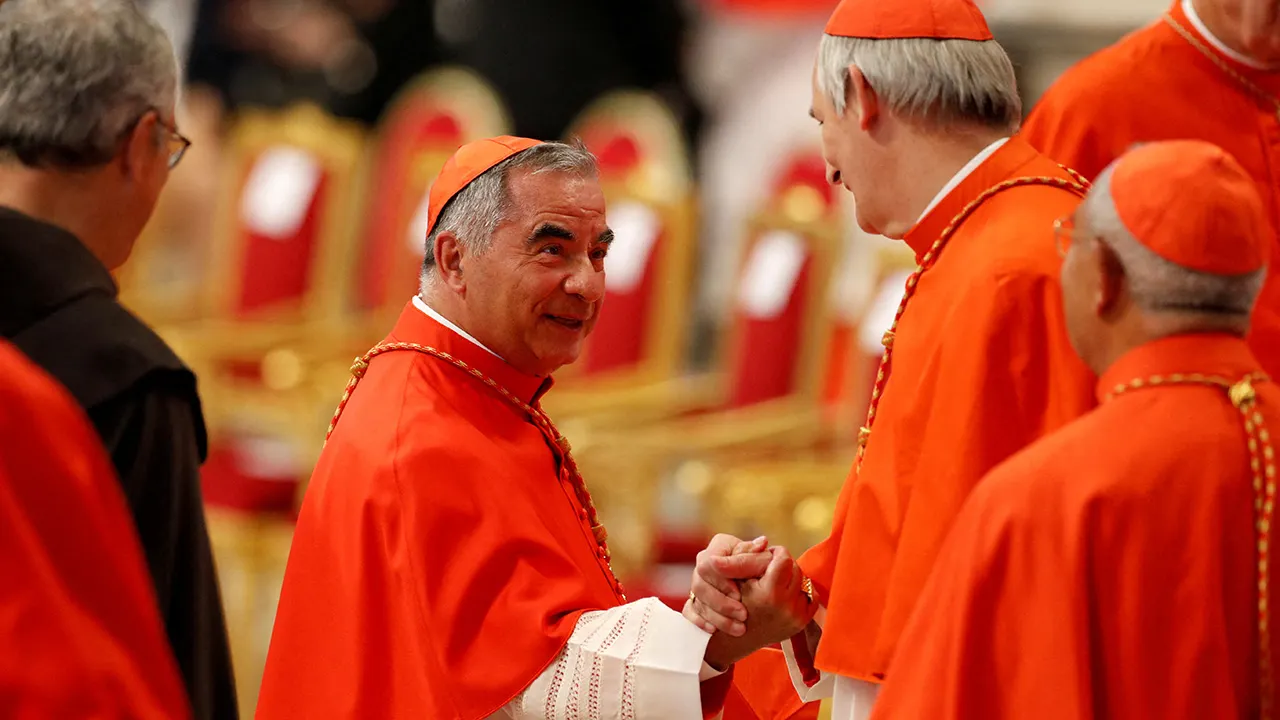In his first official visit to Syria to meet with the new government there, the Lebanese prime minister on Saturday called for a way for the two countries to enable masses of Syrian refugees in Lebanon to head home.
The prime minister, Najib Mikati, met in the Syrian capital of Damascus with Ahmad al-Shara, the leader of the new Syrian government, on Saturday afternoon, according to the Lebanese prime minister’s office. Mr. al-Shara leads Hayat Tahrir al-Sham, the Islamist group that spearheaded the lightning offensive that toppled the decades-long rule of Bashar al-Assad, the former Syrian president, last month.
At a news conference in Damascus, Mr. Mikati said both countries should quickly resolve the matter of the more than one million refugees that Lebanon took in as a result of the Syrian civil war, which began in 2011. While some have since returned, many others still remain in Lebanon.
“It has become urgent today — in the interest of both countries — to deal with this issue as quickly as possible and return the displaced to a Syria that is thankfully recovering,” said Mr. Mikati, adding that he believed Mr. al-Shara supported the effort.
Mr. al-Shara said the two leaders had discussed “outstanding issues” including border security, but did not make any comment about the return of refugees. He said committees would be set up to examine how to sort out various problems, but he urged Syrians to lower their expectations for a speedy overhaul of the impoverished country.
“We have a lot of problems in Syria,” Mr. al-Shara said. “We won’t be able to solve them all at once. We have to divide them up and look for solutions to each one.”
Mr. Mikati’s visit to Damascus came after the election of Joseph Aoun as Lebanon’s president this week after two years in which the office lay vacant. Mr. Aoun will soon begin consultations on nominating a new prime minister next week.
In Syria, Mr. al-Shara faces the challenge of imposing order on a country that has been devastated by 14 years of civil war that split it into multiple warring regions and spurred a proliferation of armed groups. He has sought to quickly re-establish a sense of normalcy at home, urging civil servants back to work and students back to school.
Lebanon, like other countries on Syria’s borders, fears that its internal chaos could spill over into its territory. Last week, at least five Lebanese soldiers were wounded in clashes along the Syrian border after Syrian militants fired at Lebanese soldiers. The Lebanese military said its troops were trying to shut down an illegal border crossing in the area.
Mr. Mikati spoke by phone with Mr. al-Shara after the incidents. During the call, Mr. al-Shara pledged that “the Syrian authorities are doing everything necessary to restore calm on the border and prevent the matter from recurring,” Mr. Mikati’s office said at the time.
Further underscoring those challenges, Syrian state media announced on Saturday that its security forces had arrested people accused of belonging to the Islamic State who had planned to commit a major attack in Damascus.
The two men had planned to use explosives inside the Sayeda Zeinab mausoleum, a holy site particularly venerated by Shiite Muslims on the outskirts of Damascus, according to SANA, the government-controlled outlet.
While an international coalition led by the United States has largely beaten back ISIS in its former bastions in Iraq and Syria, the group is still active in some areas, and continues to inspire attacks online.
Here’s what else is happening in the region:
-
Gaza cease-fire talks: Israeli security chiefs will soon head to Qatar for high-level talks on a truce that would free the hostages held in Gaza, the Israeli government said on Saturday night. The office of Benjamin Netanyahu, the Israeli prime minister, said he had ordered David Barnea, the head of Israel’s Mossad intelligence agency, to lead a delegation to Doha, the Qatari capital, for negotiations. Qatar and Egypt have been mediating between Israel and Hamas with help from the United States. The negotiations have been seemingly deadlocked for months, but Israeli and U.S. officials have expressed cautious optimism about reaching a deal in the coming weeks.
-
Rockets from Gaza: Over 15 months in the war between Israel and Hamas, the Palestinian militants are still firing munitions from the Gaza Strip, although both Israeli and U.S. officials say the group’s military capacity has been significantly degraded. Air-raid sirens went off in Kerem Shalom, an Israeli border community, on Saturday after a rocket launch from southern Gaza; the Israeli military said it was successfully intercepted.





